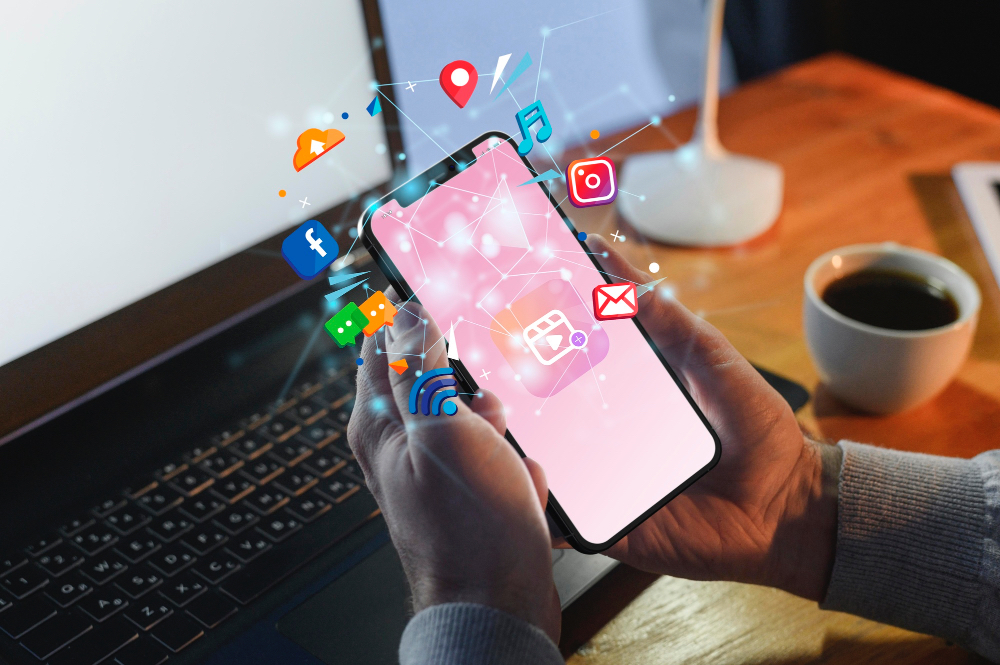TikTok has largely recovered from a brief decline in daily active users following its US ownership change, when a group of American investors assumed control of domestic operations. Usage fell temporarily as uncertainty spread among users. Competing video apps saw short-term gains during the disruption.
Data from Similarweb shows TikTok’s US daily active users dropped to between 86 and 88 million after the transition, compared with a typical average of around 92 million. Activity has since rebounded to more than 90 million. Many users who experimented with alternatives have returned.
Platforms rivalling TikTok, including UpScrolled and Skylight Social, experienced rapid but limited growth. UpScrolled peaked at 138,500 daily users before falling back to roughly 68,000. Skylight Social reached 81,200 daily users, then declined to around 56,300.
User concerns were driven less by ownership itself and more by fears around platform changes. An updated privacy policy allowing precise GPS tracking triggered backlash, alongside confusion over language referencing sensitive personal data. Some interpreted the changes as increased surveillance.
A multi-day data centre outage disrupted search, likes, and in-app messaging, resulting in user frustration. Some users attributed the glitches to possible censorship or platform instability. Once services were restored, activity stabilised, and concerns eased.
Would you like to learn more about AI, tech, and digital diplomacy? If so, ask our Diplo chatbot!










